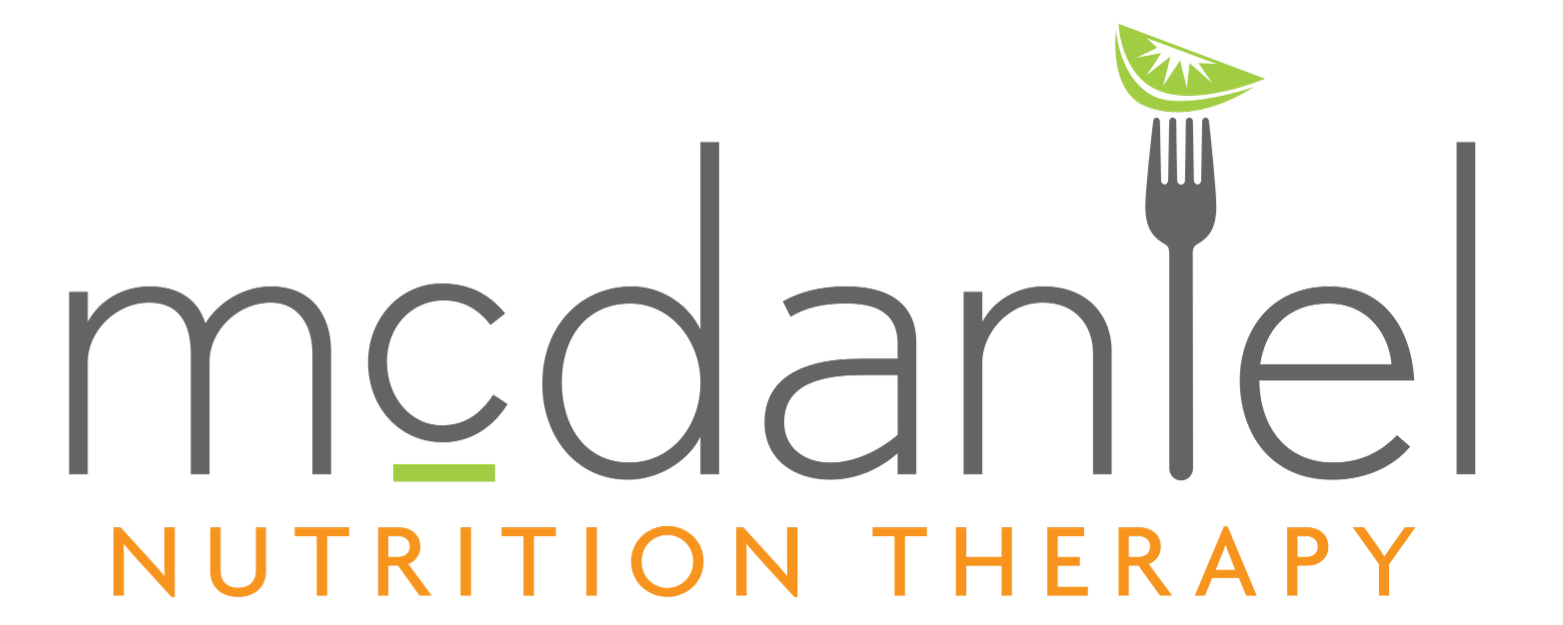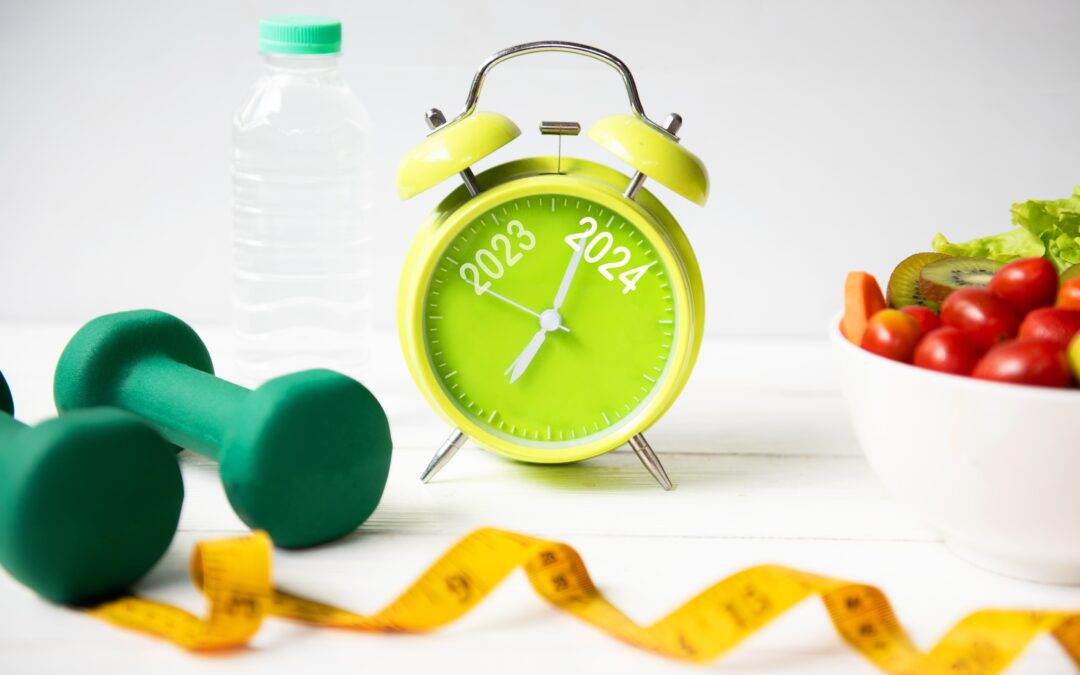Many of us are a couple of weeks in to our diet-focused New Year’s resolutions. Health and fitness goals are one of the most common resolutions. (And breaking these resolutions is a tradition almost as common as making those goals.)
Before we begin, know that there is nothing wrong with the desire to improve your nutrition, fitness, and health. Starting these goals at the new year is the to as the “fresh-start effect.” These can be effective, but let me share with you some tips to help you see more success and well-being this year.
Why we should rethink health and fitness focused New Year’s resolutions
Research shows that most people who make New Year’s resolutions give up on them before the end of January. It’s not the fault of the person who gives up. Resolutions are often too ambitious, inflexible, framed negatively, and have little support. These are just a few of the reasons they can be difficult to stick with.
I want to propose a different way of making health and fitness goals. A way that is more achievable, sustainable, and can build lifelong regular habits.
Fun fact: Out of all New Year’s resolutions, two out of three revolve around eating habits, physical health, or weight loss.
There is still time to revise your New Year’s Resolutions if they aren’t working for you. Here are some things to consider.
- There is no physiological reason to wait for a specific date to take a step toward better health. You can start eating slower or choosing fruits or vegetables at your very next meal. You can decide to implement your “fresh start” goal right here and now.
- The motivation behind many health and fitness goals may have unhealthy origins. There are many not-so-healthy reasons some people make diet-focused New Year’s resolutions: Others around them (or online) are trying to “lose weight” or “get fit”, Feeling guilty about the current health status, As a “free pass” to overindulge until their goals start
- Diet-focused goals are often unrealistic and unattainable. This means that the problem is the goal itself, not the person. These goals can lead to disappointment, shame, or guilt. Some experts even believe there may be a link between certain diet-focused New Year’s goals and worsened well-being. Plus, unrealistic health goals may spark or contribute to frequent dieting.
A better way to set health and fitness goals
Making smaller, more sustainable changes can lead to more success. Studies show that certain types of goals are also more likely to contribute to—and not take away from—a sense of well-being. Here are some research-backed strategies to help you make better health goals at any time of the year.
Have more flexible goals
A 2021 study in the International Journal of Environmental Research and Public Health found that over the course of time, people with flexible New Year’s resolutions report greater well-being.
When reaching your goal gets hard, adjusting the goal itself may help to maintain a sense of well-being. The ability to respond to challenges and opportunities helps us to feel more in control of our health.
Have more flexibility in the way you tackle your goals
Scroll through your favorite social media feed for a couple of minutes and you’ll see everyone from life coaches to fitness gurus telling you that persistently working toward your goals is the key to success. Surprisingly, goal tenacity does not help people reach their goals.
Why are there negative effects of too much goal tenacity?
First of all, more rigidity can make achieving your goal more difficult. Tenacity can also lead to an “all-or-nothing” approach to your goals. When there is a lack of progress, some goal-setters abandon the goal altogether. A better approach is to adjust the actions needed to reach the goal. Also, being inflexible in the process of achieving goals is linked to perfectionism, depression, and anxiety.
Examples of better health and fitness goals
Here are a few examples of small, flexible health goals. These goals can become sustainable over the long term. Whatever goals you choose to make, set them from a place of self-love.
Snack smarter (on most days)
Small snacks can add up to a big impact over time. Instead of pre-packaged snacks, commit to eating fruit and nuts as snacks a couple times per week. There is overwhelming evidence of the health effects of eating fruits and nuts, and most people aren’t eating enough.
Choose water (a couple of times a day)
Water is a great way to hydrate while reducing the amount of sugary drinks you’re consuming. Being hydrated with less sugar is a win-win for your health.
Practice eating more mindfully (at least once a day)
Beyond what you choose to eat and drink, is how you eat and drink. By slowing down and savoring the aromas, tastes, and textures of food, you can enjoy food even more. Try having your meals at a table, ignore all devices and screens, chew the food well, and put the spoon or fork down between bites. Mindful eating may also help us realize when we’re satisfied.
Final Thoughts
How we choose our health and fitness goals makes a big difference in how much success we see. This is very common and is not your fault.
Remember not to be too hard on yourself when challenges arise, because they will. Allow yourself some flexibility in how you set and reach your goals.
Remember, you can make attainable goals for healthier lifestyle habits any day of the year. Just start today.
Do you need help setting yourself up for success when it comes to health- or diet-focused goals? Our team would love to help!

